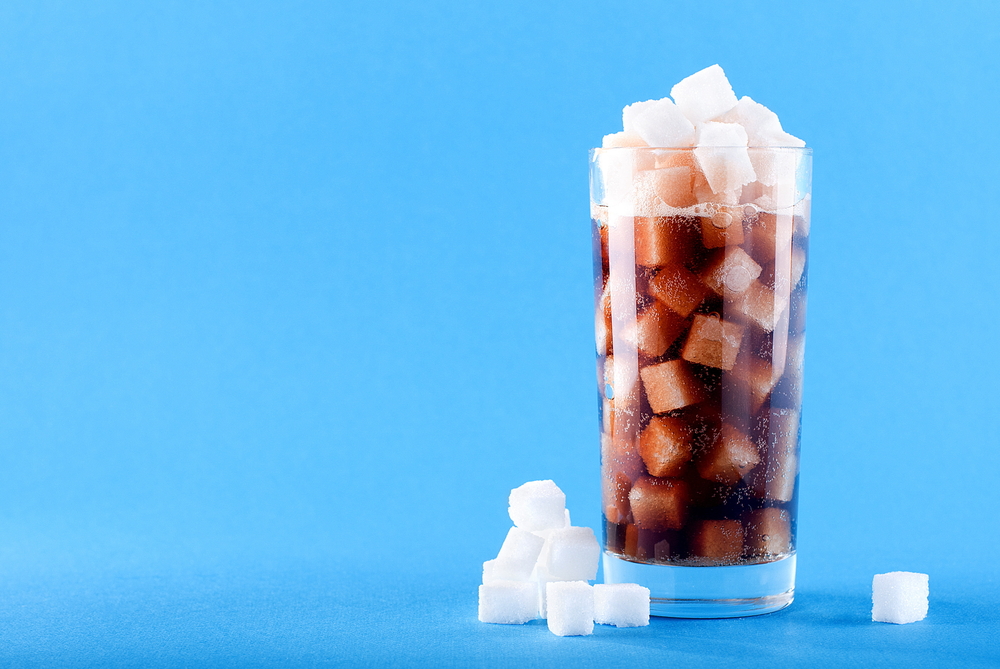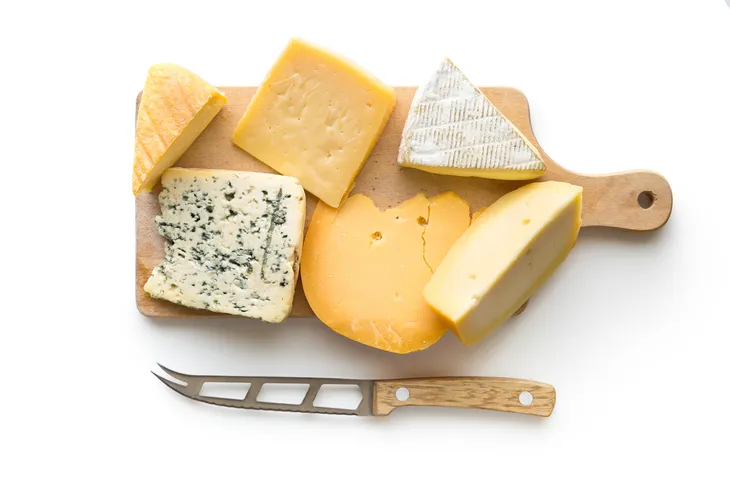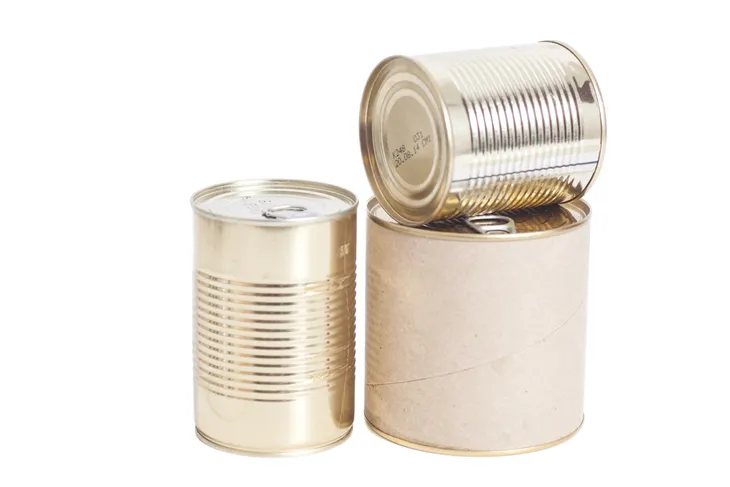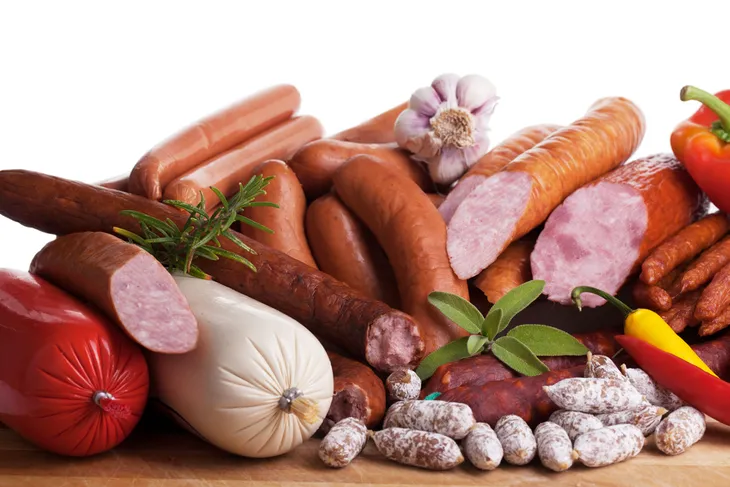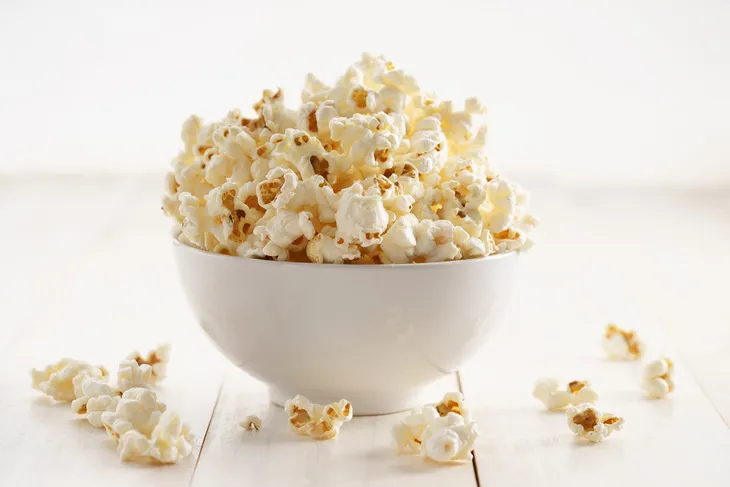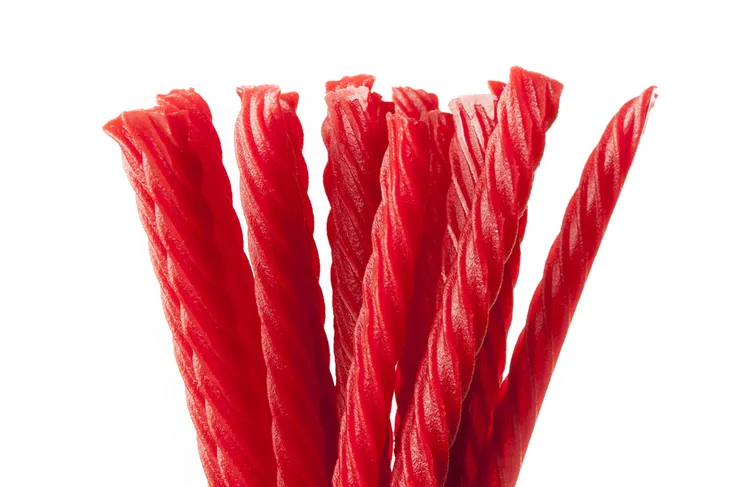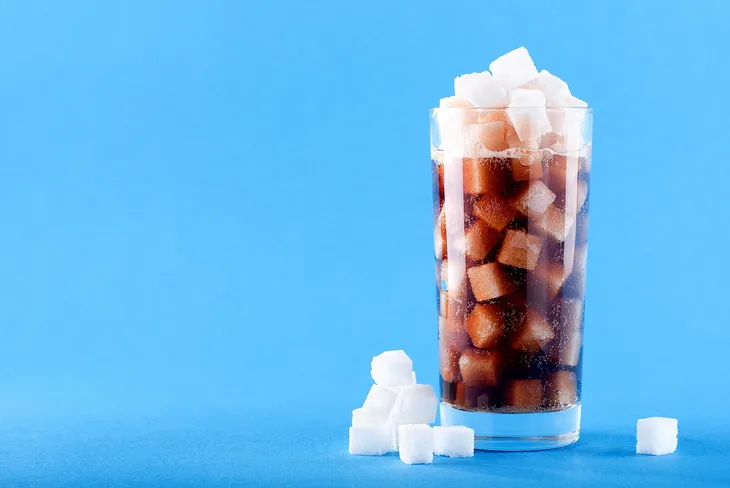There’s nothing that can kill social life or a relationship more than no get up and go. Unfortunately, it can be difficult to pinpoint the cause of lack of your low energy. But one issue could be your diet.
In fact, there are a number of foods and beverages that can negatively affect our energy levels, and simply make activity and even intimacy less appealing to one or both partners. So which foods should you avoid, or limit consumption of, in order to keep your energy level?
Alcohol
It’s tough to deny that alcohol can play a positive role in social life and the development of a relationship. By lowering our inhibitions, it can allow us to let loose, thereby saying and doing the things we might not otherwise do. For some that can be troublesome, but for others it can give a relationship the excitement it needs.
Unfortunately, excessive alcohol consumption can negatively affect your energy level and your libido. In a study published by Forbes magazine, findings showed that alcohol suppressed the release of glutamate, and excitatory neurotransmitter, which typically works to increase brain activity and energy levels.
Cheese
Cheese is one of the world’s most popular foods but it could be having a negative impact on your energy levels. That’s because most cheeses available in stores are made using cow’s milk, which is often treated with growth hormones and antibiotics.
Problem is, over consumption of these hormones and antibiotics can increase toxins in the body and these toxins can reduce the natural production of testosterone. So, enjoy your cheese but be aware that excessive consumption could cause men to become less energetic and less self-assured.
Mint
Mint makes an excellent addition to many desserts and beverages. In fact, it’s hard to imagine a world without mint chocolate ice cream or mojitos. Mint also offers an excellent way to cover up bad breath, making it a game saver if you want a kiss after a hot date night.
But mint can actually present problems when it comes to energy and even sex drive, since the active ingredient, menthol, has been shown to lower testosterone levels, making it a potential issue for men. So, if you’re eating a lot of mint, it may be time to consider changing your diet.
Canned Foods
For years in the twentieth century there was no greater marvel than canned food, which allowed food to be kept for longer and transported across huge distances. But preserving the food that’s canned involves using a huge amount of sodium and BPA (or bisphenol A), which have both been shown to increase blood pressure levels and disrupt hormone levels throughout the body.
In an article from the Huffington Post, the chemical BPA was found to disrupt hormone balance, which resulted in lower energy. In particular, the article noted that BPA levels were 1,221-percent higher in people who consumed canned soup for 5 days, when compared to people who consumed fresh soup for the same time period. So lowering your intake of canned foods is a wise idea.
Processed Meats
There are many reasons to avoid fast food restaurants on a date, but limited energy and even sex drive could top the list. The issue is with processed meats, like hot dogs, hamburgers, deli meat and bacon, all of which contain high levels of sodium, hormones, preservatives, and antibiotics.
All of these things can disrupt the hormonal balance in your body, which reduces blood flow to bodily organs, making normal processes more difficult. So, skip the drive-thru and the deli platter the next time you’re out.
Popcorn
If there were one stereotypical movie night, it would be dinner in front of a flick followed by a big heaping helping of buttery popcorn. Unfortunately, that could present problems as far as energy goes.
Here’s the issue: many cheaper forms of popcorn come in packaging containing a component called perfluorooctanoic acid, which has been linked to thyroid disease and even prostate problems. The thyroid, the butterfly-shaped gland in your neck, produces hormones and controls metabolism, which is how the body gets and uses energy.
Licorice
Aside from popcorn, there’s no more popular movie theater food than licorice—making it a frequent choice when on a date to the movies. But licorice could present problems when it comes to converting androstenedione to testosterone, particularly in men.
The problem is that licorice contains an ingredient called glycyrrhizin, which accruing to the New England Journal of Medicine reduces testosterone levels. So, enjoy the licorice but don’t overdo your consumption of this delicious candy.
Diet Soda
Diet soda is one of the world’s most popular beverages, for several reasons. For one, it contains less sugar than regular soda, making it popular with those trying to lose weight. But it’s also just a little less sweet, which may make it more palatable for some people.
Unfortunately, most forms of diet soda are loaded down with aspartame, an artificial sweetener that may reduce serotonin levels, limiting energy, causing depression, and even lowering libido. If you’re not your normal happy, energetic self, it may be worth switching to regular soda and only drinking it in moderation.
Coffee
There may not be a more popular beverage among adults than coffee, which contains the stimulant caffeine. The appeal is obvious: caffeine can help us feel energized and awake, making just about anything—from a workout to a work day—more enjoyable and energetic.
Unfortunately, excessive caffeine consumption can also increase our anxiety levels, a development that can cause increased stress, cortisol production, and chronic fatigue. If you’re having problems waking up and staying alert, it may be worth making the switch to decaf.
